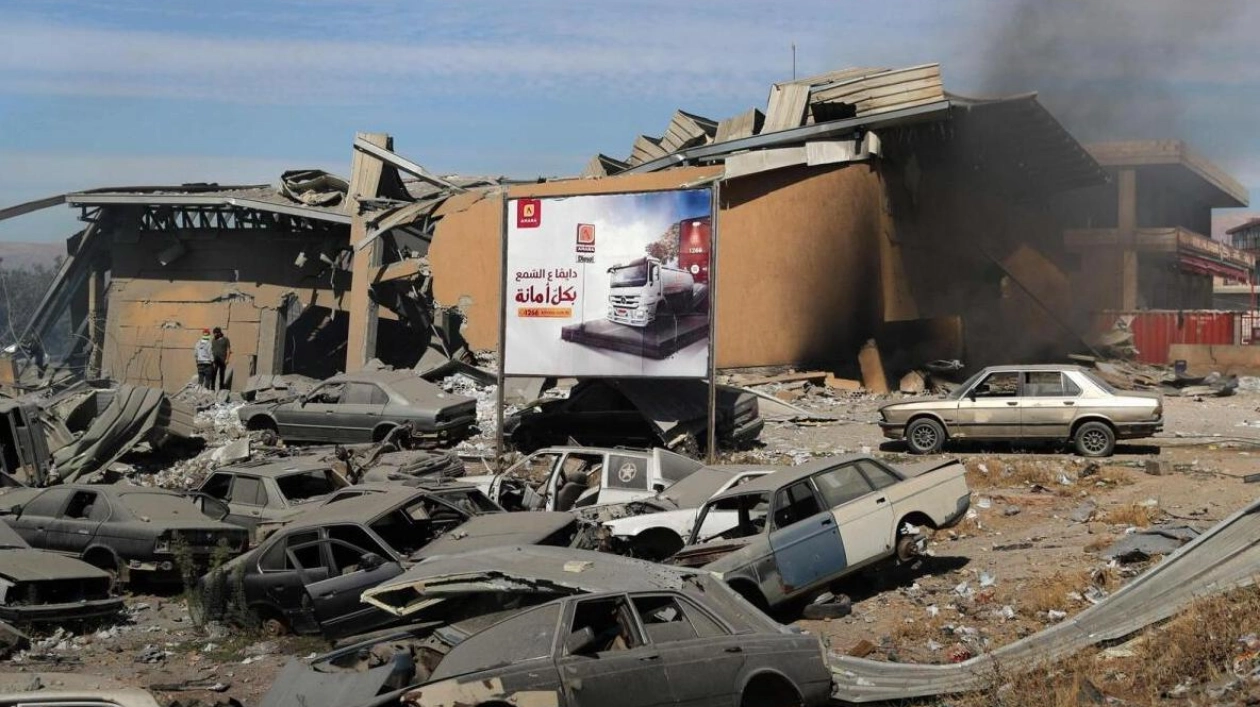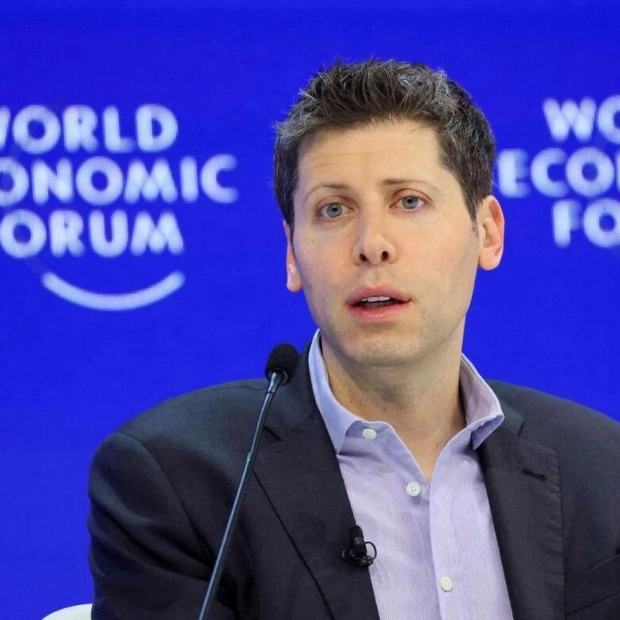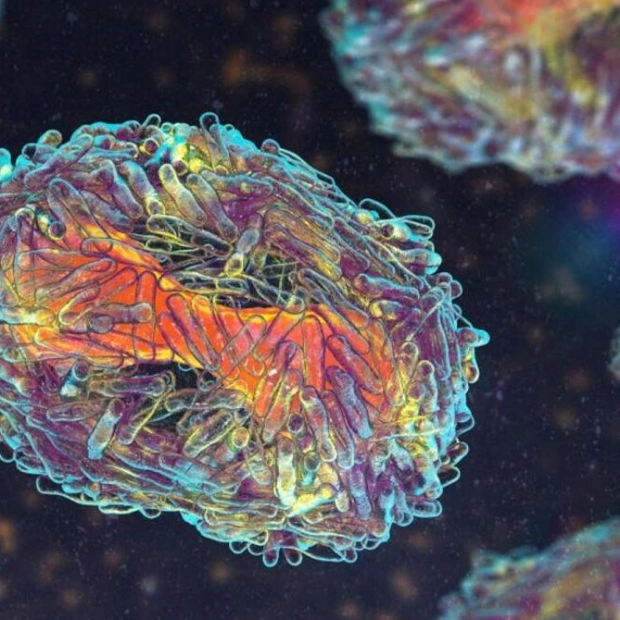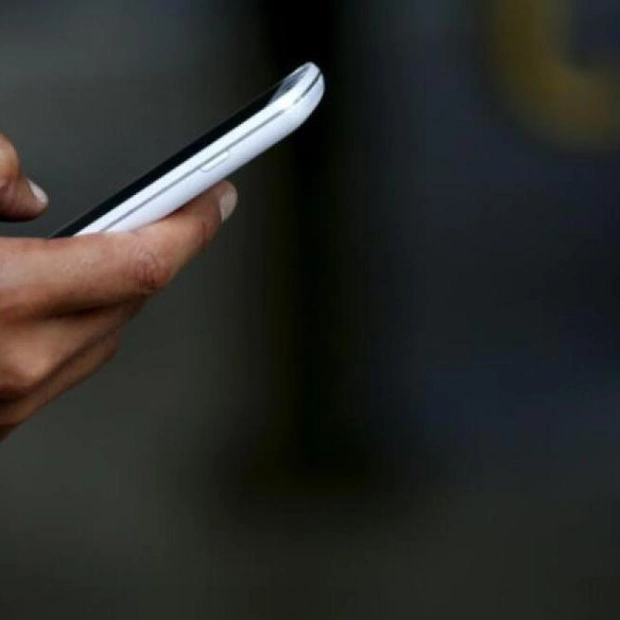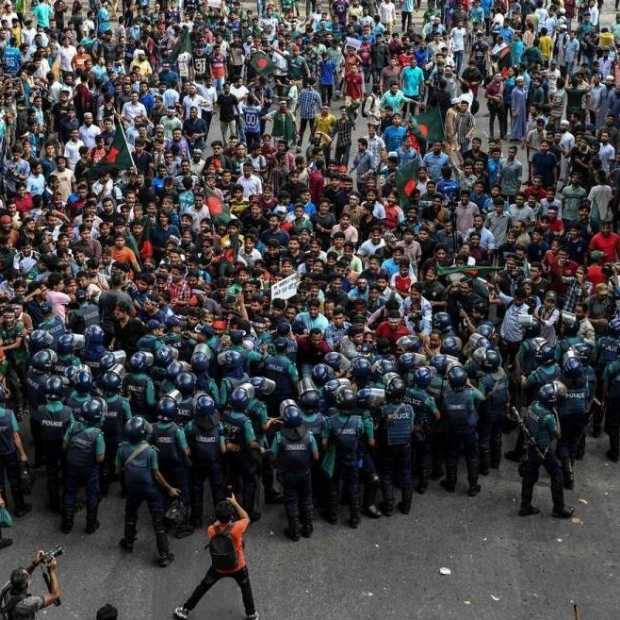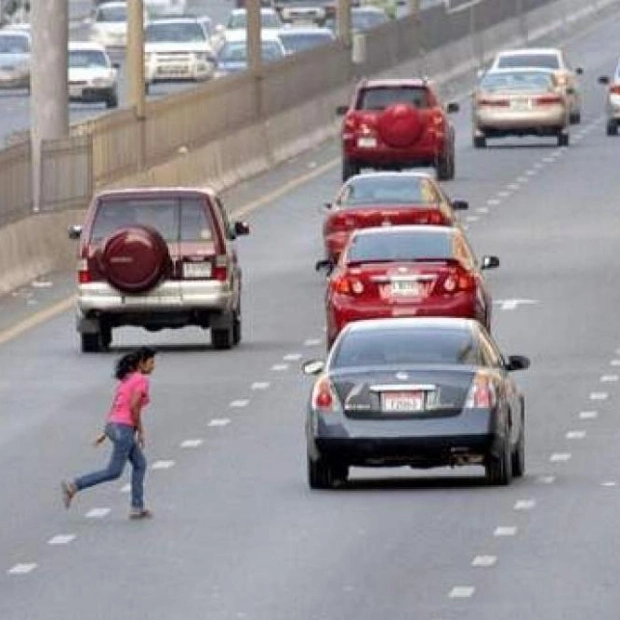An image captures smoke rising from the location of an overnight Israeli attack on the Lebanese city of Baalbeck in the Bekaa valley on October 11, 2024. Photo: AFP
Residents of central Beirut, devastated by a lethal Israeli airstrike, remained in a state of shock on Friday, surrounded by dust, debris, and shattered glass. They feared that if their previously untouched neighborhood had been targeted, nowhere in Lebanon was secure. Israel's intensified campaign in Lebanon has primarily focused on the predominantly Shi'ite Muslim areas in the south, the southern suburbs of Beirut, and the Bekaa Valley in the east, where Hezbollah maintains strongholds. However, two strikes on Thursday night hit al-Basta al-Fouqa, a mixed Beirut district of apartment blocks that had become home to people fleeing areas heavily bombarded by Israeli forces over the past two weeks.
"God alone knows what the next target will be. It is terrifying. In the north, it's scary. In the south, it's scary. In the east, it's scary. In the west, it's scary. Where do we go?" questioned 51-year-old Hoda Adly. She was performing evening prayers at home on Thursday when a fireball erupted in the adjacent building, enveloping her in a cloud of dust and plunging everything into chaos. The following day, the road was littered with glass, rubble, and the remnants of daily life turned disastrous. People sifted through the debris, their faces etched with shock, searching for their belongings.
Cars were stacked on top of each other, twisted and crushed by the force of the explosion, and many residents wore face masks against the thick dust still lingering in the air. The two airstrikes claimed 22 lives and injured 117, according to Lebanese health authorities. The attacks were aimed at a Hezbollah official, but security sources reported that he had survived. Cross-border hostilities between Israel and Hezbollah escalated a year ago when the Iranian-backed group began launching rockets in support of the Palestinian militant group Hamas, following its attack on Israel that ignited the war in Gaza.
Amer El Halabi, 55, who lived in the same building as Adly, noted that many displaced individuals had relocated to their neighborhood, fearing that Israel was using allegations of Hezbollah members among them as a pretext to broaden its strikes. "These are all residential buildings where people have lived for over 30 years. Where is their conscience when they kill 22 people? For what? There is no humanity left," he lamented. Halabi recounted being at home with his wife when the strikes occurred. Minutes later, bodies were strewn across the street.
Standing in front of his building, he pointed out the Israeli surveillance drone that had been hovering over Beirut for weeks, intended to "strain people's nerves." "It has been here for over a month. It hasn't left the sky. You can't eat, you can't drink, you can't sleep, you can't do anything," he said. The strike obliterated the facades of at least five buildings and shattered the windows of others along the street. In one building, the remnants of a living room were exposed, family portraits still on the wall, and a curtain, gray from dust, hanging limply to the side.
A few blocks away, a family was loading mattresses, a washing machine, and other belongings onto a small pickup truck in front of an apartment building. They had fled south Lebanon, believing al-Basta al-Fouqa to be safe. Now, they were heading to the northern city of Tripoli. "They say it's safe there," said the woman of the family. "We have elderly family members who couldn't handle these explosions."
